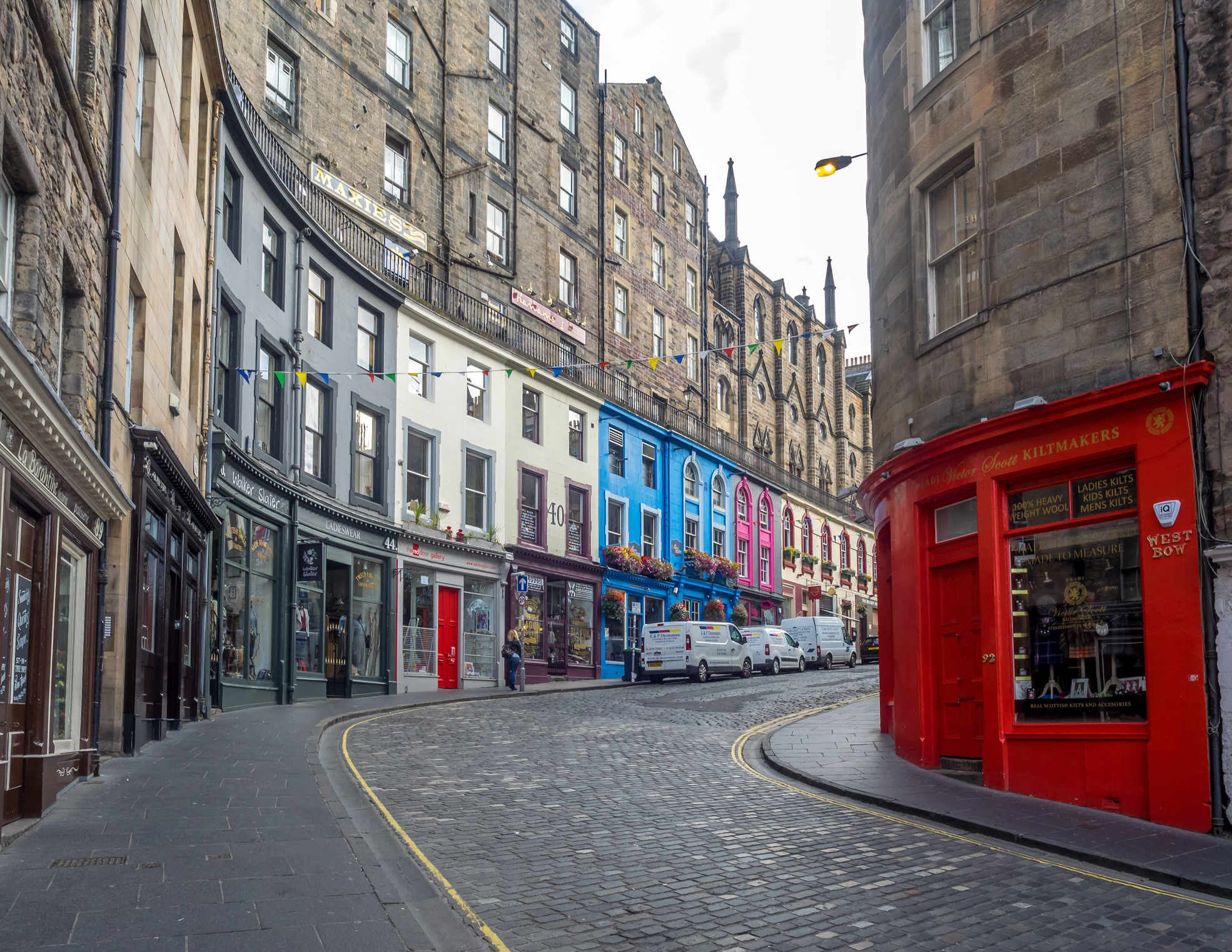
EDINBURGH has been named the easiest city in the UK to travel in for the third year running in a new survey.
Liverpool came second and Nottingham third in the annual ESP Group Easy Travel Index (ETI).
It found Edinburgh and Nottingham’s publicly-owned bus companies and strong integrated networks have significantly contributed to their success through stable and accessible bus and tram services, competitive prices and easy to use ticketing, as well as integrated smart ticketing and travel apps.
Meanwhile Birmingham came top for ease of long-distance travel – displacing Edinburgh which dropped to second place – while Swansea, Liverpool and Oxford came third equal.
The ETI, developed by transport and mobility services company ESP Group, questioned almost 5000 people about the ease of use of transport in cities across the UK.
It found across the UK 34% of people sometimes do not leave their homes due to concerns about travel, up from 30% in 2017.
Dr Steve Cassidy, managing director of ESP Group, said: “Edinburgh has excelled itself once again, maintaining pole position in the rankings which is testament to the strong, integrated transport networks it continues to develop.
“Our latest Easy Travel Index demonstrates that high proportions of travellers feel routes and timetables can often make local and long-distance travel difficult.
“Numerous people in cities across the UK aren’t finding travel options easy due to a variety of network challenges, difficulties with interactions, touchpoints and the overall service offering.
“There is much excellent work being done by authorities and operators to make travel easier. But not everyone is benefiting – in large part due to a lack of awareness and concerns about ease of use. 24% of people did not claim compensation for their delayed train because they expected it to be difficult, while 29% did not even know they could make a claim.”
The researchers surveyed 4991 people aged 16 and over from across 45 towns, cities and regions.
They found just under a third (30%) of people who required assistance to travel by rail did not request help from the train operating company because they felt uncomfortable doing so.
One in five (22%) said they did not even know that passenger assistance existed.
The study found throughout the UK the rising cost of transport is the biggest difficulty facing those surveyed.
Just over a third (34%) of people report cost of transport affects their local travel, rising to 44% for long-distance travel.
Dr Cassidy said: “Some of the statistics from the ETI report make alarming reading. There are so many initiatives to support passengers in using public transport and help them understand how to use the system and make travel easier – even when things go wrong.
“These include new forms of payment and travel apps as well as services to assist those needing a little more help.
“However, the impact of these services is being constrained due to a lack of understanding amongst the wider public: regular users may understand and use services but the occasional and new user still is not aware or is uncertain of use. Technology can help, but it’s not everything.”

Enjoy the convenience of having The Sunday Post delivered as a digital ePaper straight to your smartphone, tablet or computer.
Subscribe for only £5.49 a month and enjoy all the benefits of the printed paper as a digital replica.
Subscribe